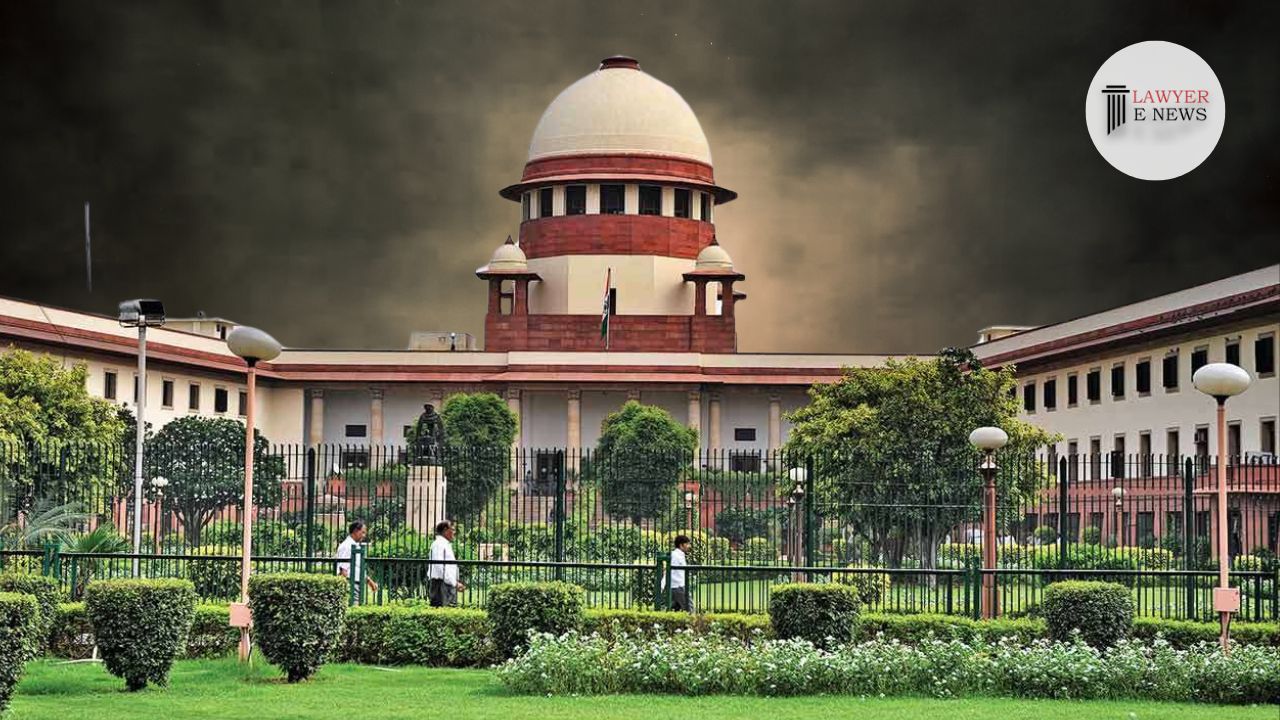-
by Admin
15 February 2026 5:35 AM



In a pivotal judgment delivered by the Supreme Court of India, the bench comprising Justices Pamidighantam Sri Narasimha and Aravind Kumar set aside the summoning orders against the appellants under Section 319 of the Criminal Procedure Code (Cr.P.C.), emphasizing the necessity for strong evidence before exercising such extraordinary powers.
The judgment centered around the application of Section 319 Cr.P.C., which allows courts to summon additional individuals as accused if it appears from the evidence during the trial that they may have committed the offence. The court highlighted the need for a higher degree of satisfaction before exercising this power, which requires more substantial evidence than merely a prima facie case.
The appellants were summoned to face trial for an offence under Section 302 of the Indian Penal Code (murder), despite not being named in the final chargesheet. The summoning was based on the initial First Information Report (FIR) and subsequent testimonies in the trial court that suggested their involvement due to an alleged longstanding family enmity. However, the appellants contested the summoning orders, arguing that the evidence was insufficient to implicate them under Section 319 Cr.P.C.
Evidence Review: The court noted that the only substantial testimony against the appellants came from PW-1, the mother of the deceased, whose statements were inconsistent. Initially, she implicated the appellants in the FIR but later withdrew their names in her statement under Section 161 Cr.P.C., clarifying that their inclusion was a mistake and based on unverified suspicions.
Legal Principles Applied: Citing precedents, including the landmark case of Hardeep Singh v. State of Punjab, the court reiterated that the power under Section 319 Cr.P.C. is discretionary and should not be exercised casually. It should only be invoked when there is strong and cogent evidence pointing to the involvement of the persons who were not named in the chargesheet.
Judicial Analysis: The Supreme Court critically analyzed the testimonies and evidence presented during the trial, concluding that the evidence did not meet the stringent requirements necessary for summoning under Section 319 Cr.P.C. The inconsistency in the testimonies of PW-1 and the lack of corroborative evidence from other witnesses led to the conclusion that the appellants were wrongfully summoned.
Decision: The Supreme Court allowed the appeals, setting aside the orders of the trial court and the High Court. The summoning orders directed against the appellants were quashed due to the insufficiency of evidence required under Section 319 Cr.P.C.
Date of Decision: 2nd May 2024
“Shankar vs The State of Uttar Pradesh & Ors.,”
